Employment verification is a process of verifying an individual’s employment history with a particular employer or employer. It involves confirming the duration of employment, job title, salary, and sometimes, the reason for leaving the job. The verification is typically conducted by contacting the employer(s) directly or through a third-party service provider. Employment verification is often requested by employers, lenders, landlords, or other parties who need to confirm an individual’s employment status and history.
Education Verification
Education verification is the process of verifying the educational credentials of an individual, typically as a part of a background check. It involves confirming the authenticity and accuracy of an individual’s educational qualifications, such as degrees, diplomas, certificates, or transcripts, by contacting the educational institution(s) they attended or through a third-party verification service. The verification process may include confirming the dates of attendance, the type of degree or qualification earned, the field of study, and the grades or marks obtained. Education verification is often conducted by employers, educational institutions, government agencies, or other entities that require proof of an individual’s educational credentials.
Criminal Court Records Check
Criminal court records check is a process of checking an individual’s criminal history and records in the court system. It involves searching through criminal court records and databases to find information on any criminal charges or convictions that the individual may have faced in the past. This type of check is typically conducted as part of a background check for employment or other purposes, such as housing or licensing. The criminal court records check may reveal information on felony and misdemeanor charges, arrests, warrants, convictions, and sentences. The information obtained through this check can help employers, landlords, or other parties make informed decisions about the individual’s suitability for employment or other opportunities.
Address Check
An address check is a process of verifying an individual’s current or previous residential address. It involves confirming the address information provided by the individual against public records or other sources of information to ensure that it is accurate and up-to-date. The address check may include verifying the street name and number, apartment or unit number, city or town, state or province, and postal code. This type of check is often conducted as part of a background check for employment or other purposes, such as housing or credit applications. The information obtained through an address check can help employers, landlords, or other parties confirm an individual’s identity and establish a reliable means of contact.
Reference Check
A reference check is a process of verifying an individual’s professional and personal references. It involves contacting the individuals listed by the job candidate or employee as references and asking them about the individual’s skills, work ethic, personality, and other relevant information. The reference check is typically conducted as part of a background check by reporting manager or supervisor for employment to help the employer gain insight into the candidate’s past performance, behavior, and suitability for the job.
Typically, the reference check may include questions related to the individual’s work experience, communication skills, ability to work in a team, problem-solving skills, and any other relevant factors that may be important for the job. The information obtained through the reference check can help the employer make an informed hiring decision and ensure that the candidate is a good fit for the organization.
Identity Check
The information obtained during an identity check may include the individual’s full name, date of birth, social security number or other government-issued identification number, and other identifying information. The purpose of an identity check is to prevent fraud, identity theft, and other forms of criminal activity that may be associated with false or stolen identities. The information obtained through the identity check can help employers, financial institutions, or other parties verify an individual’s identity and minimize the risk of fraud or other legal issues.
An identity check is a process of verifying an individual’s identity to confirm that they are who they claim to be. This process is typically conducted as part of a background check for employment, financial transactions, or other purposes. Identity checks can be performed using various methods, such as reviewing identification documents, conducting biometric scans, or using third-party identity verification services. this involves the verification of PAN Card, Aadhaar, Driving License, Passport and Other Govt Issued Documents.
Global Database Check
A global database check is a process of conducting a comprehensive search of various databases and sources of information from around the world to gather information about an individual’s background. This type of check is typically conducted as part of a background check for employment, immigration, or other purposes.
The information obtained through a global database check may include criminal records, credit reports, driving records, employment history, education history, and other relevant data that may be available from various international sources. This type of check can help employers, immigration authorities, or other parties gain a more complete picture of the individual’s background and assess any potential risks or liabilities associated with them.
Social Media Check
A social media check is a process of reviewing an individual’s social media profiles and activity to gather information about their behavior, interests, and character. This type of check is often conducted as part of a background check for employment, security clearance, or other purposes.
During a social media check, the individual’s profiles on various social media platforms, such as Facebook, Twitter, LinkedIn, Instagram, Naukri, Monster and others, are reviewed to gain insight into their online behavior and activity. This may include reviewing posts, comments, photos, and other content that the individual has shared on their social media profiles.
Credit Check
A credit check is a process of reviewing an individual’s credit report and credit score to assess their creditworthiness and financial history. This type of check is often conducted by lenders, employers, or other parties that need to evaluate the individual’s ability to manage credit and financial obligations.
During a credit check, the individual’s credit report is obtained from one or more credit bureaus and reviewed to assess their payment history, credit utilization, outstanding debts, and other factors that may affect their creditworthiness. The credit score, which is a numerical representation of the individual’s creditworthiness, is also obtained from the credit bureau and used to assess their risk level.
Dual Employment Check
Dual employment check refers to the process of verifying an individual’s current and past employment status to confirm whether they have been employed by more than one employer simultaneously. This type of check is often conducted by employers or other parties to verify an individual’s employment history and ensure that they have not engaged in fraudulent or illegal activities related to their employment.
During a dual employment check, the individual’s employment history is reviewed to confirm the dates of employment, job titles, and duties performed. The check may also involve contacting the individual’s previous employers to confirm their employment status and obtain any relevant information about their job performance or conduct.
UAN Check
UAN check refers to the process of verifying an individual’s Universal Account Number (UAN), which is a unique 12-digit number assigned to every member of the Employees’ Provident Fund Organization (EPFO) in India.
The UAN check is often conducted by employers or other parties to verify an individual’s UAN and ensure that their EPF account is active and up-to-date. The check involves accessing the EPFO’s online portal and entering the individual’s UAN and related details to confirm their account status, including the balance, contributions made, and other relevant information.
Education and Employment Gap Check
Education and employment gap check is a process of reviewing an individual’s educational and employment history to identify any gaps in their record. This type of check is often conducted by employers or other parties to verify an individual’s educational qualifications, employment history, and other credentials, and to ensure that there are no gaps or inconsistencies in their record that may raise red flags or indicate fraudulent or illegal activities.
During an education and employment gap check, the individual’s educational and employment history is reviewed to identify any gaps or discrepancies, such as periods of unemployment or unexplained gaps in their educational or employment record. The check may also involve contacting the individual’s previous educational institutions and employers to verify their record and obtain any relevant information about their performance, conduct, or other factors that may be relevant to their suitability for a job or position.
Resume Check
A resume check is the process of verifying the information provided on an individual’s resume or CV. This type of check is often conducted by employers or other parties to confirm an individual’s qualifications, skills, and experience, and to ensure that the information provided on their resume is accurate and truthful.
During a resume check, the individual’s resume is reviewed to verify their educational and employment history, job titles, responsibilities, achievements, and other relevant information. The check may also involve contacting the individual’s previous employers, educational institutions, or references to obtain additional information about their work experience, skills, or qualifications.
Drug Test Screening
Drug test screening is a process of testing an individual’s biological specimen, such as urine, blood, hair, or saliva, to detect the presence of drugs or other controlled substances in their system. This type of test is often conducted by employers or other parties to ensure that individuals are not using drugs or other substances that may impact their performance, safety, or health.
During a drug test screening, the individual provides a sample of their biological specimen, which is then analyzed by a laboratory to detect the presence of drugs or other controlled substances. The test may detect a variety of drugs, including marijuana, cocaine, opioids, amphetamines, and others, depending on the type of test used.

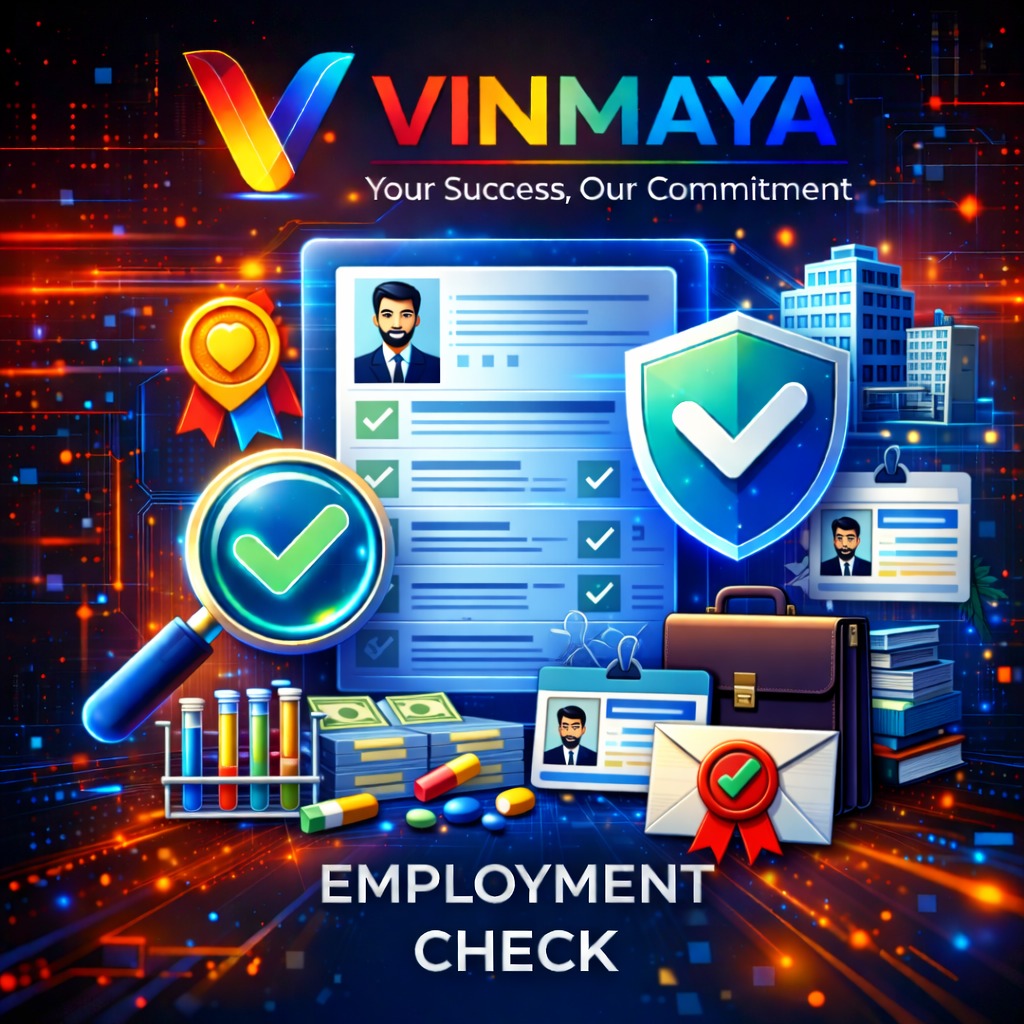



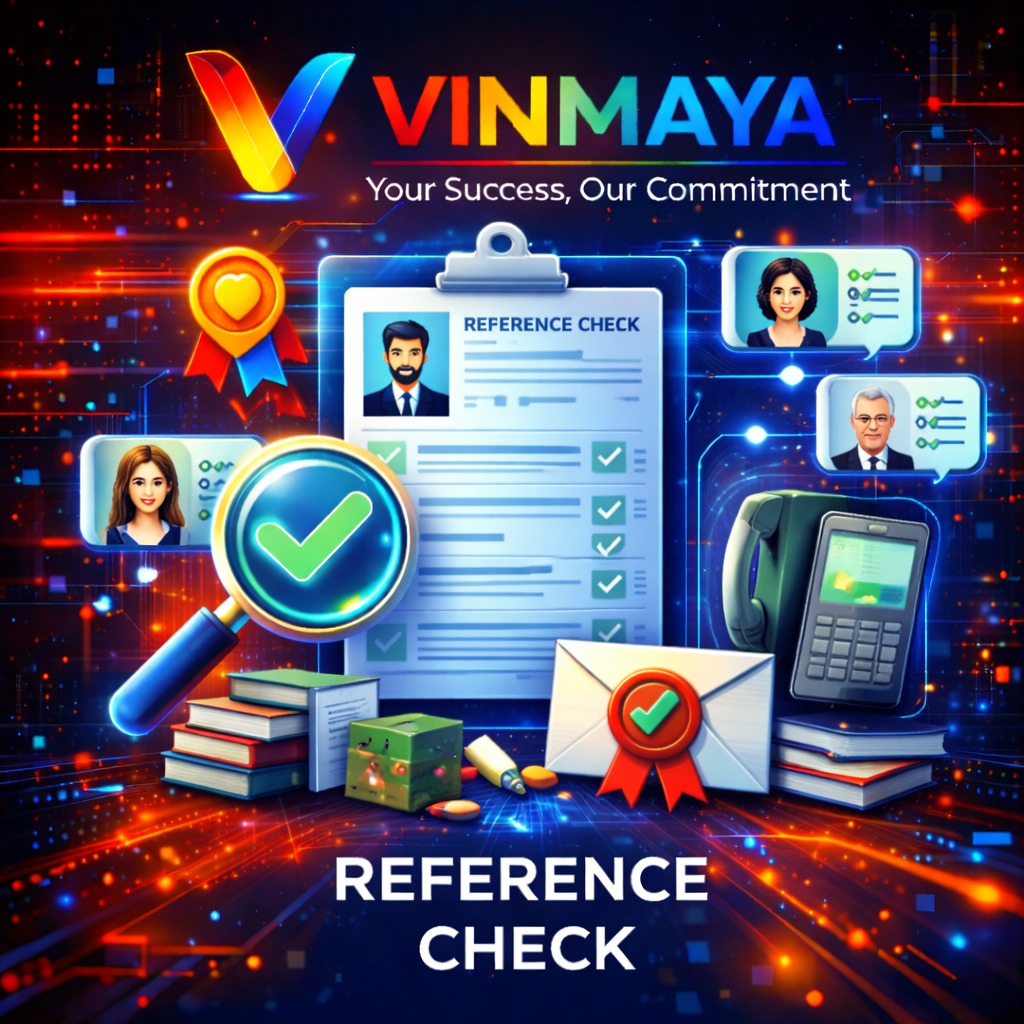
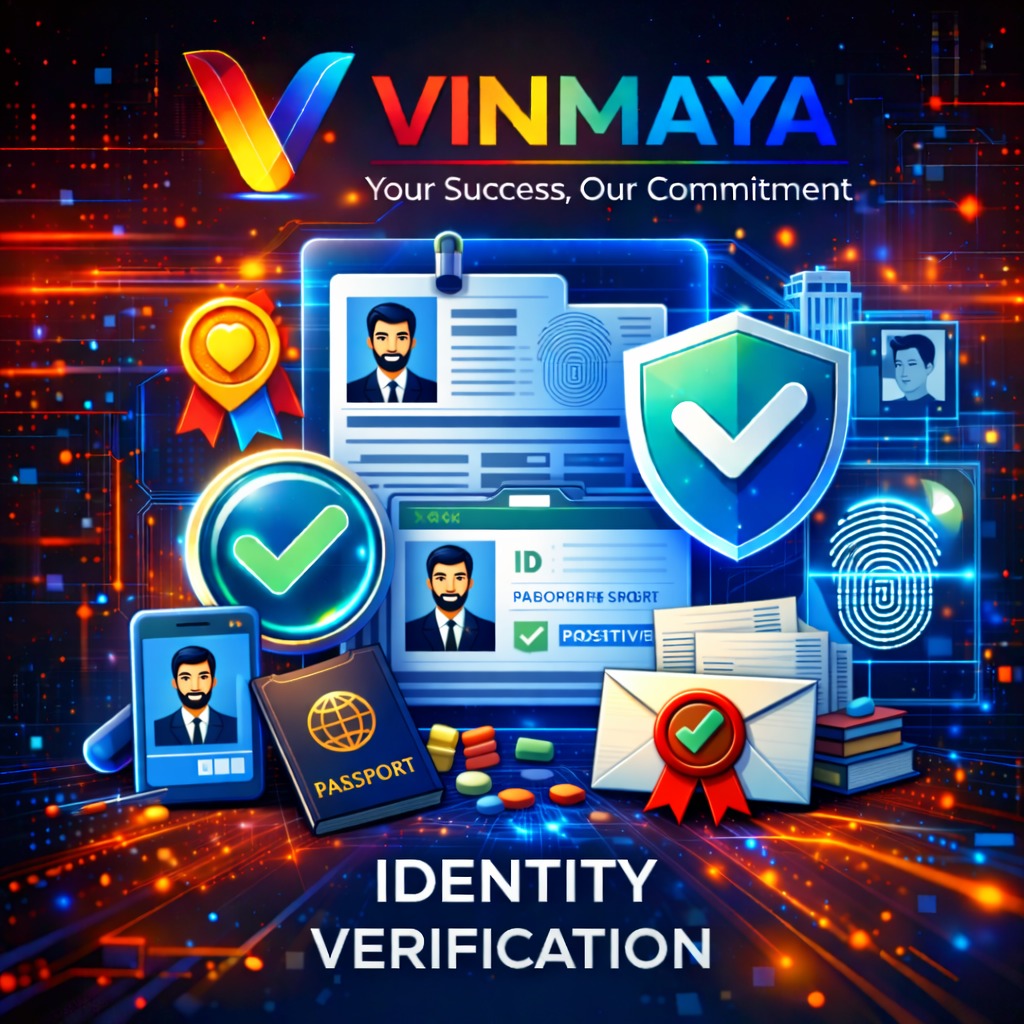



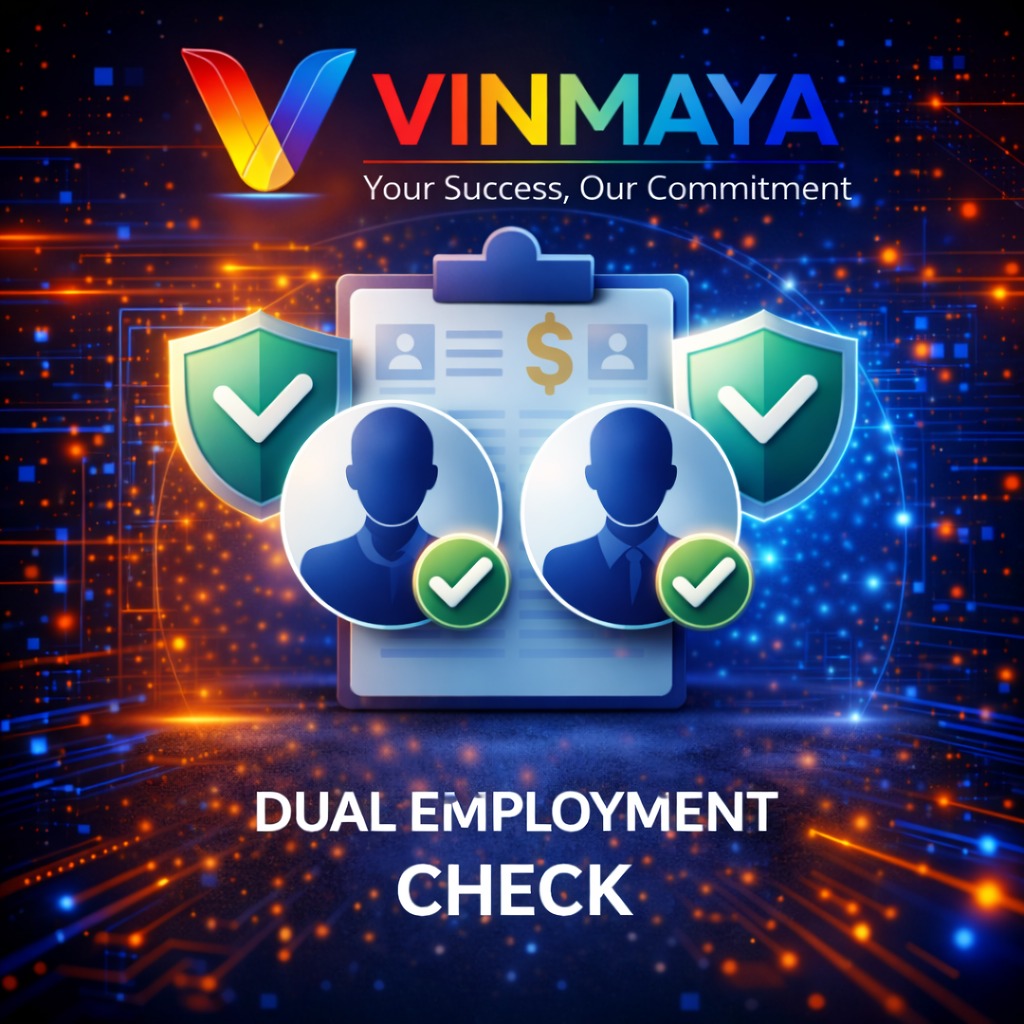
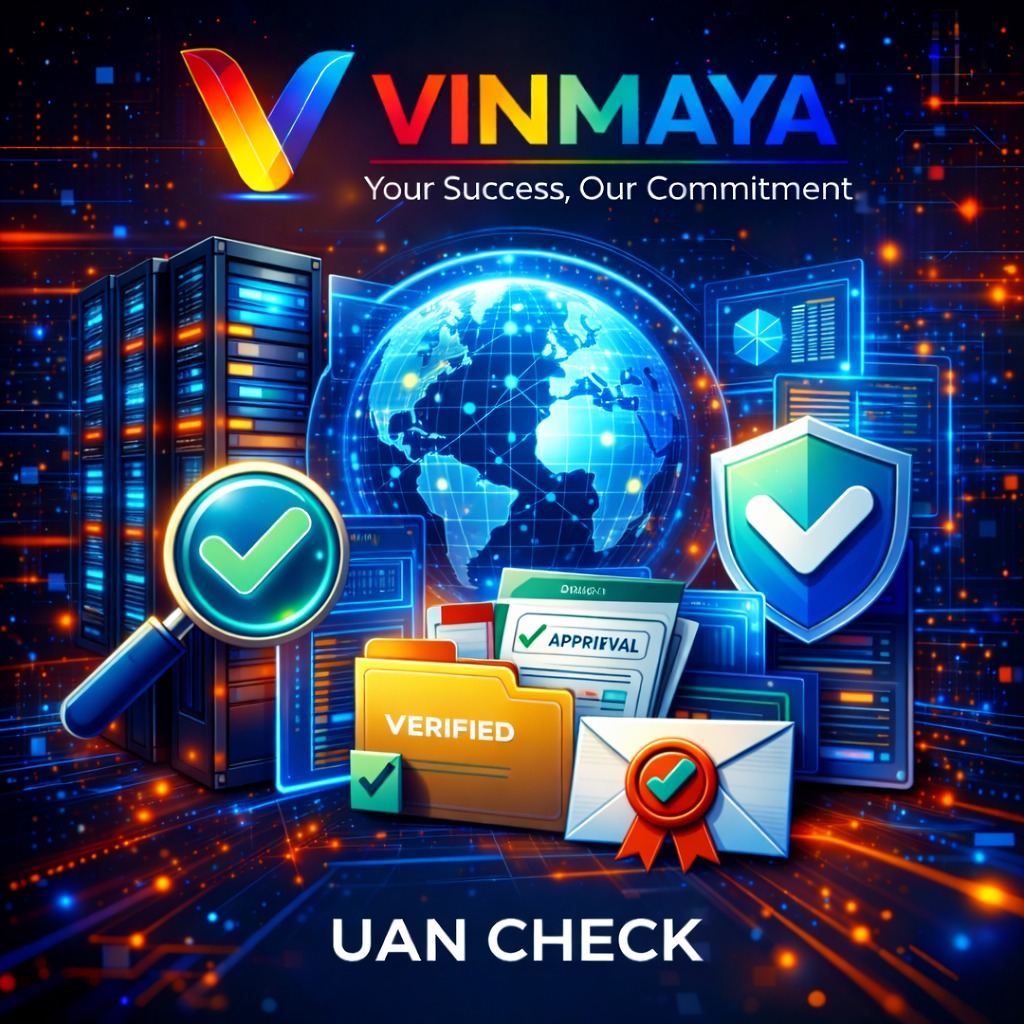

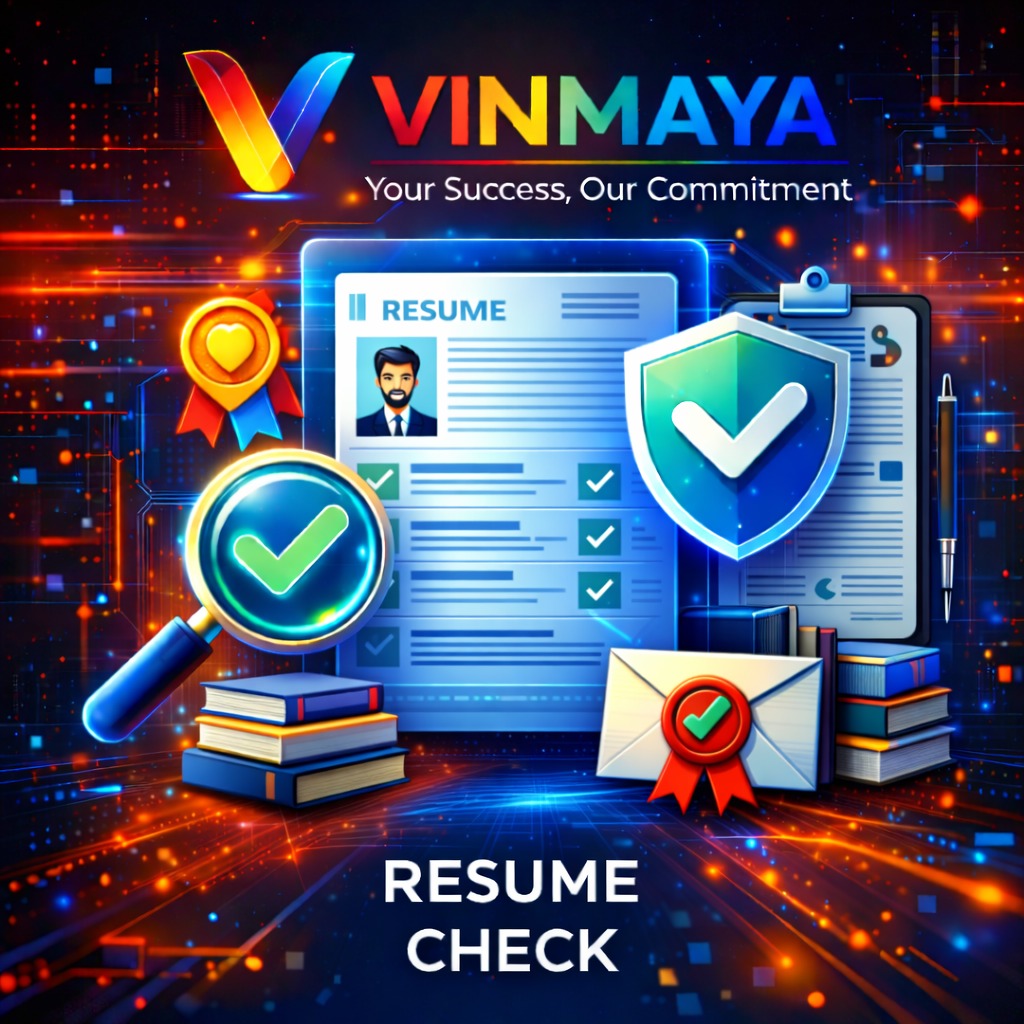
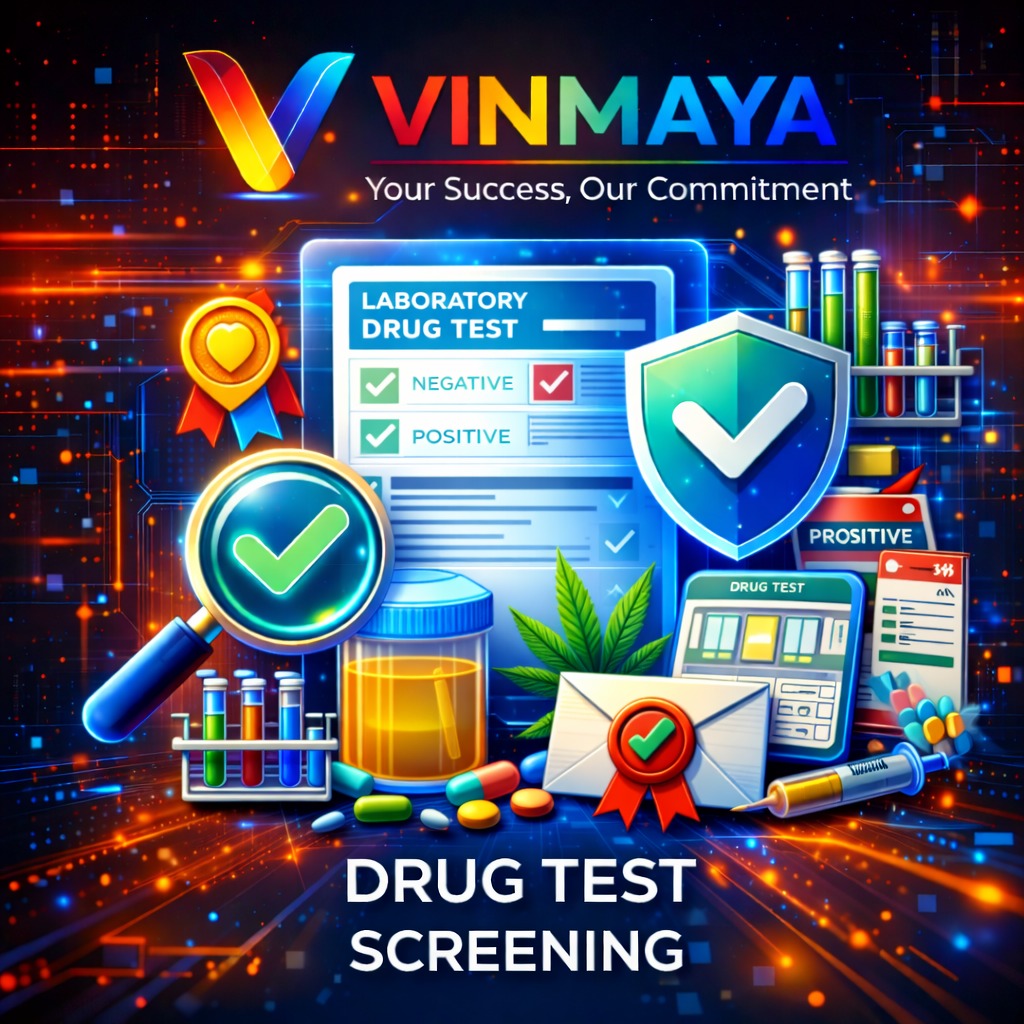
3 Comments